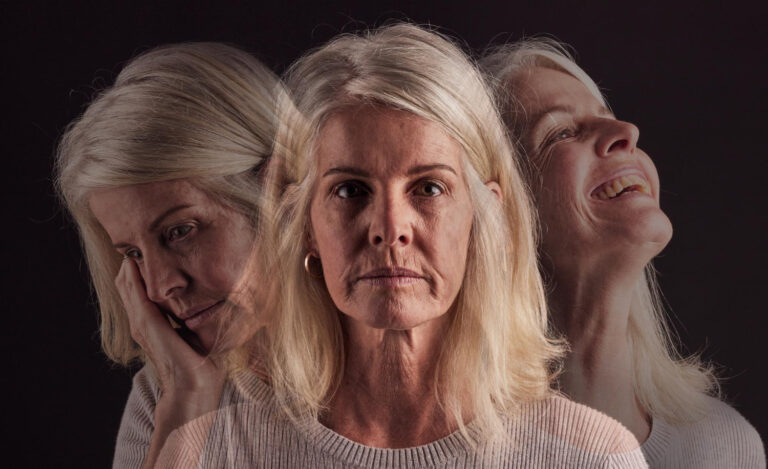The Serious Impact of Hormone Sensitivity on Wellbeing
It’s not “just your hormones”. You don’t need to just grit your teeth, or pull yourself together.
Though our culture often dismisses and minimises the impact our hormones can have on our well-being, for many women with hormone sensitivity, it is no joke.
Understanding PMDD: More Than Just PMS
Women with PMDD can have as little as a week a month where they feel like themselves. For the rest of the time, they have symptoms that can damage quality of life, self-esteem, careers and relationships. They are seven times more likely than non-sufferers to attempt suicide.
Identifying Symptoms of PMDD
Symptoms of PMDD include:
- Mood/emotional changes
- Irritability, anger, or increased interpersonal conflict
- Depressed mood, feelings of hopelessness, feeling worthless or guilty
- Anxiety, tension, or feelings of being keyed up or on edge
- Decreased interest in usual activities (e.g., work, school, friends, hobbies)
- Difficulty concentrating, focusing, or thinking; brain fog
- Tiredness or low-energy
- Changes in appetite, food cravings, overeating, or binge eating
- Hypersomnia (excessive sleepiness) or insomnia (trouble falling or staying asleep)
- Feeling overwhelmed or out of control
- Physical symptoms such as breast tenderness or swelling, joint or muscle pain, bloating or weight gain
Diagnosing PMDD: The Importance of Tracking Symptoms
If you have at least five of these (and one must be one of the first four), then it’s possible you have PMDD. Tracking your symptoms for at least two cycles can help you to clarify the diagnosis.
Seeking Treatment: Support for PMS, PMDD, and PME
We treat women of all ages with PMS, PMDD and PME. If you’d like to talk more about options for treatment, please get in touch.






